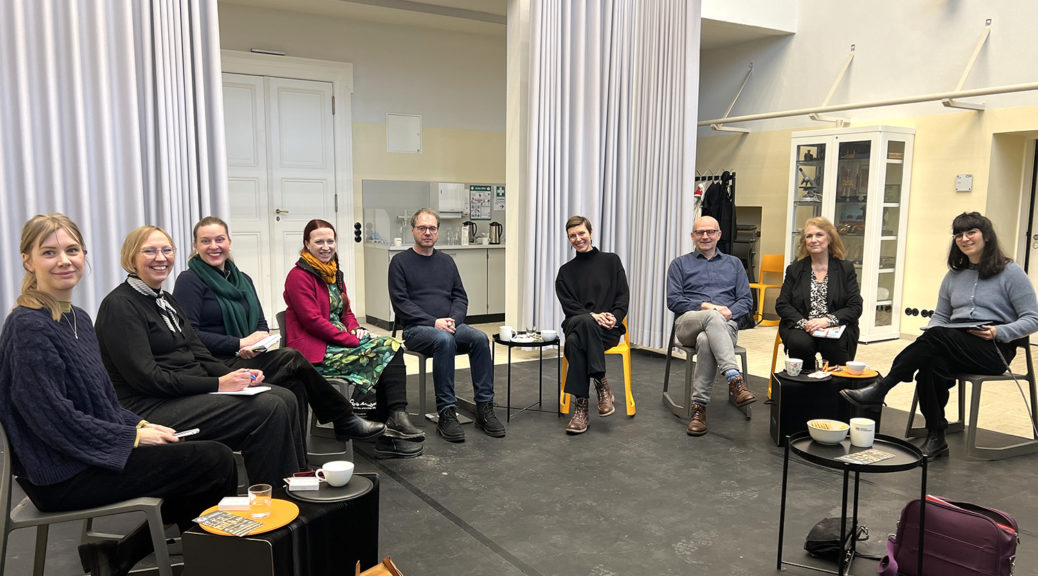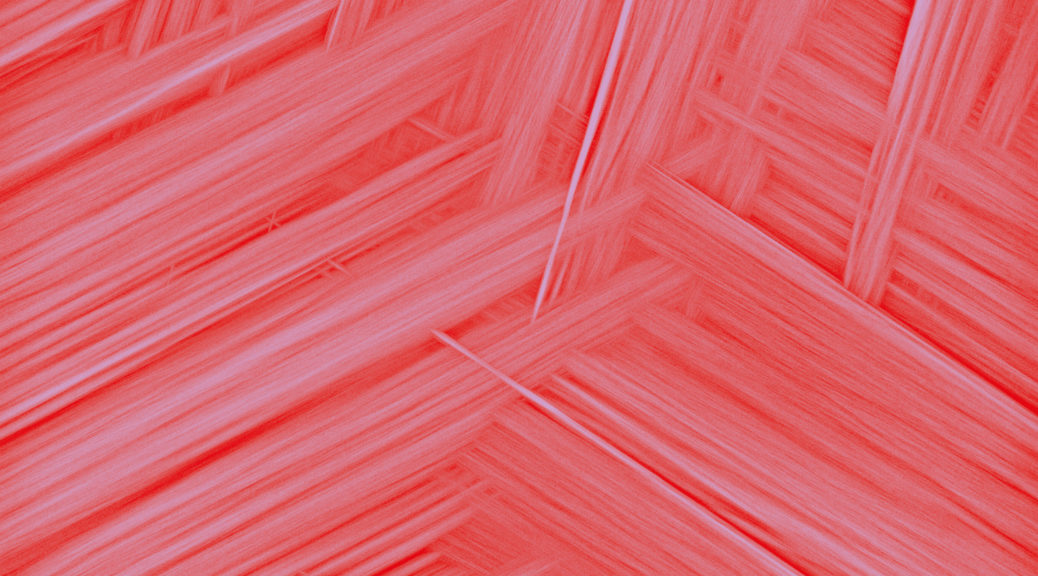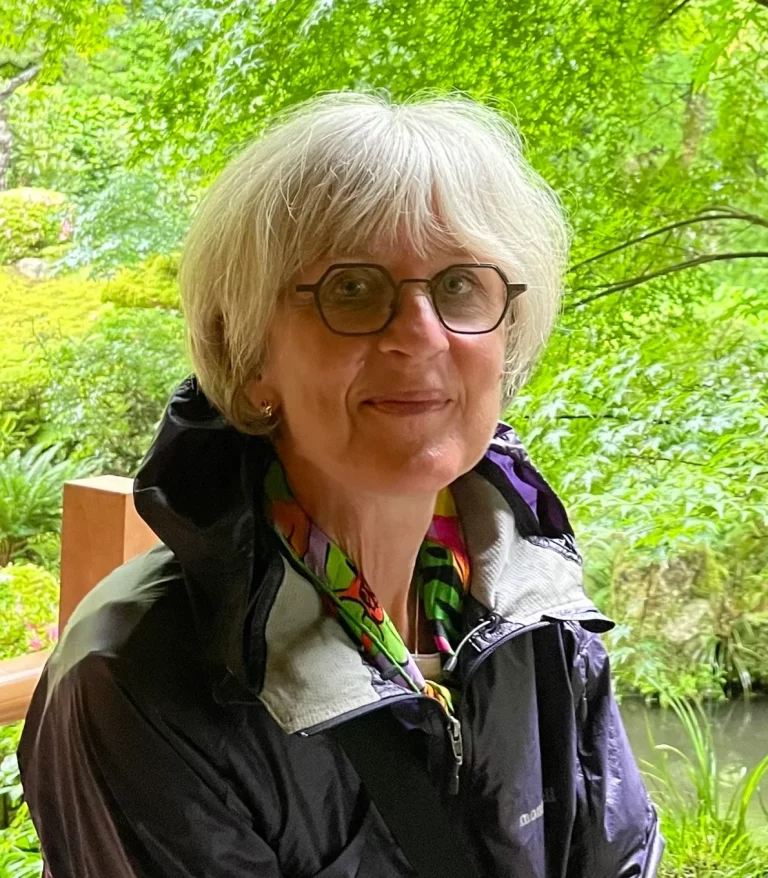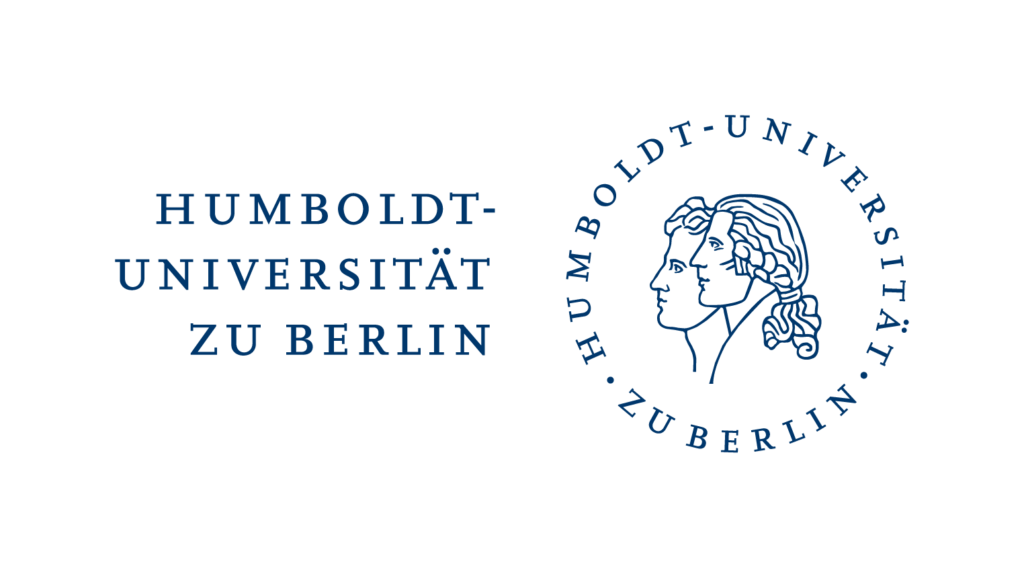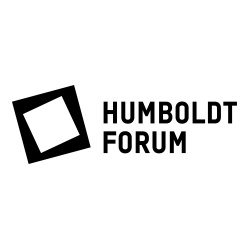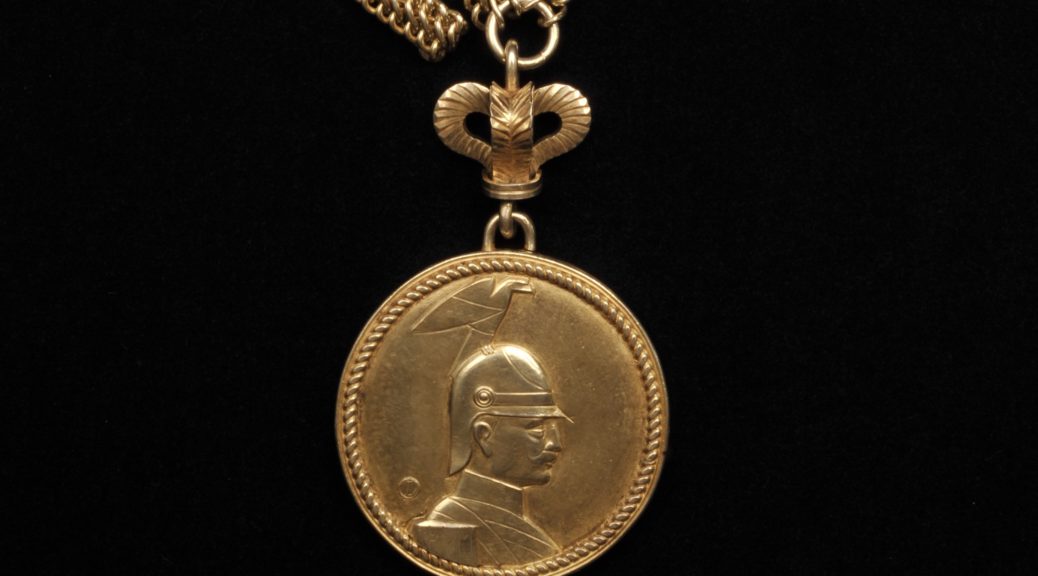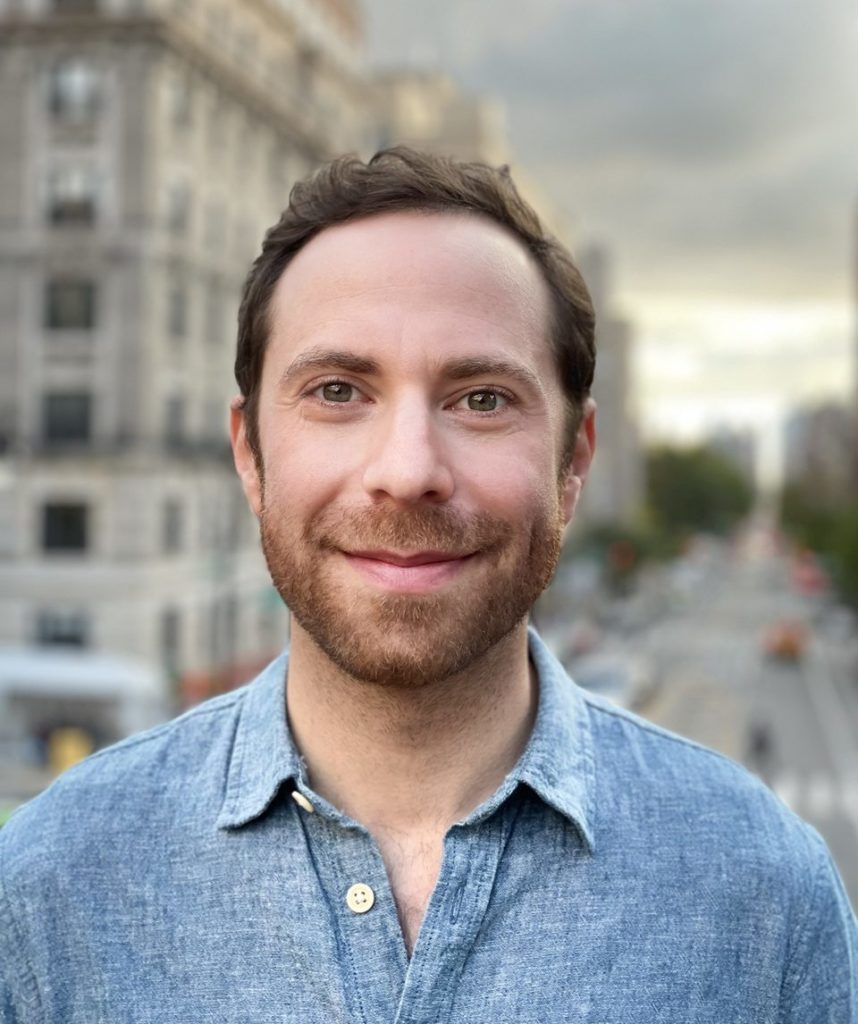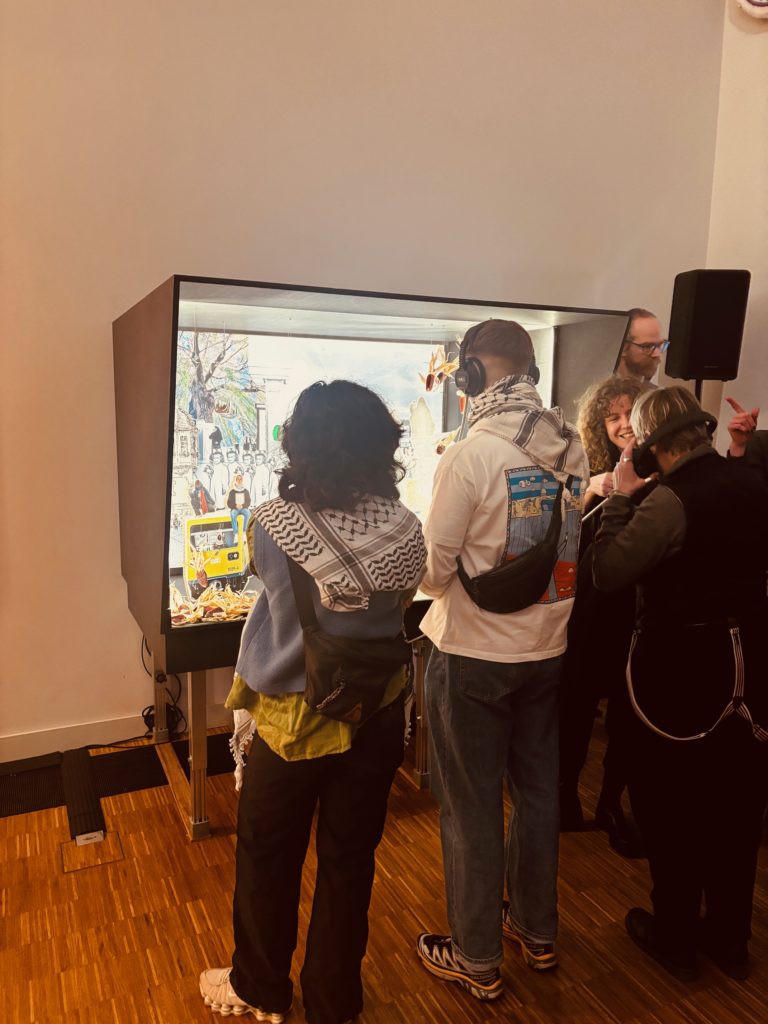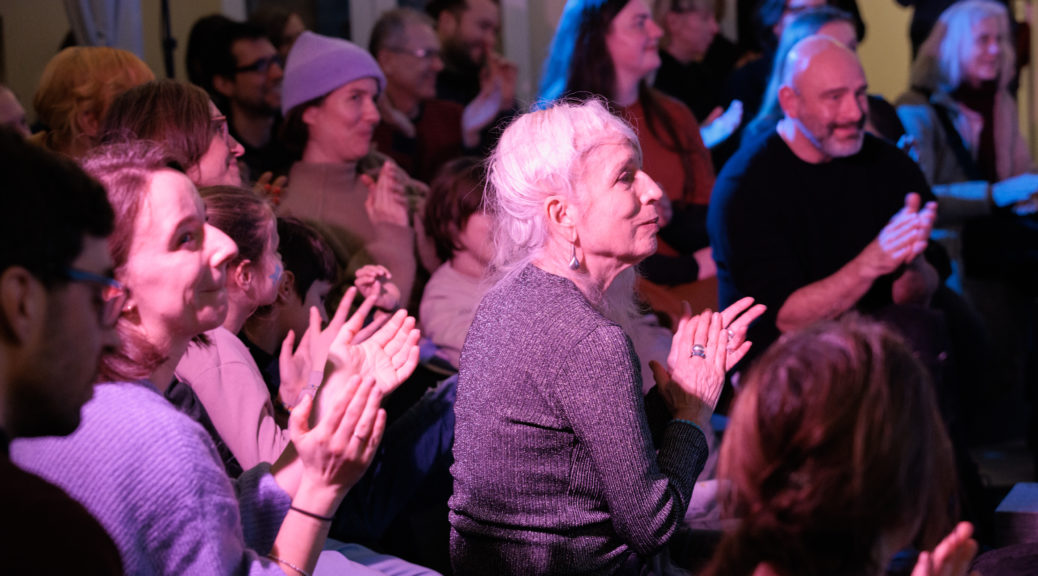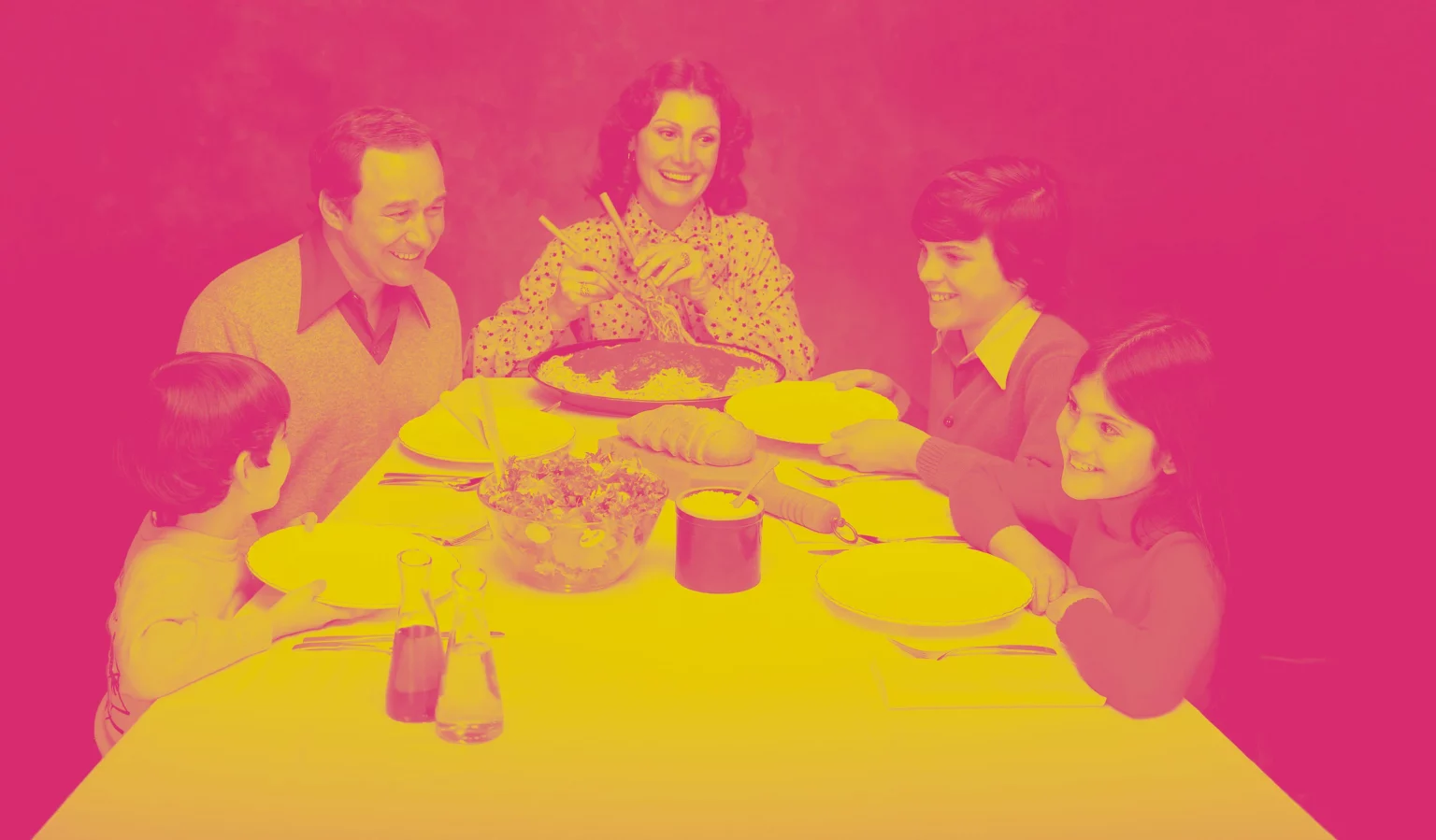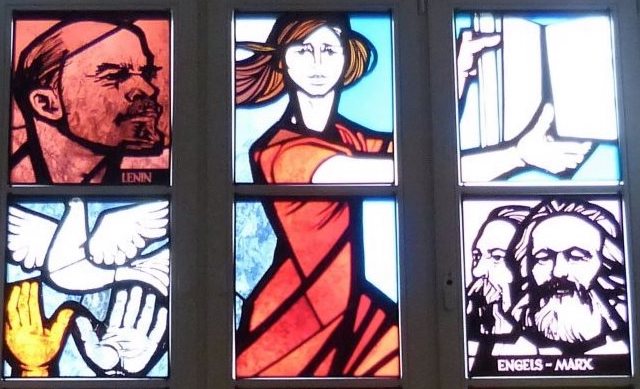On Friday, 13 February 2026, the Zentrum für Kulturtechnik welcomed colleagues from Lund University to the Gerlach-Bau and the Humboldt Lab. Following a brief orientation on campus, the programme commenced at 9:15 a.m. with a working session in the Objekt-Labor.
Collections in Research, Teaching, and Societal Engagement
The discussions focused on university collections, addressing their administration, institutional coordination, and especially their integration into teaching. Sarah Elena Link introduced the Coordination Centre for Scientific University Collections, Nina El Laban Devauton and Martin Stricker presented the project Teaching with Objects, and Oliver Zauzig outlined his role as Central Collections Coordinator at HU.
The Lund delegation provided insights into current developments at their university, particularly concerning research, teaching, and societal engagement in relation to collections. The exchange revealed numerous parallels alongside structural differences. It also became evident that the German model—characterised by a central coordination office and an extensive collections network—represents a widely recognised framework that has attracted considerable international interest.
Networking and Institutional Exchange
Given the strong interest in the Berlin University Alliance and the Berlin collections network, participants visited the anatomical collection of the Charité prior to lunch; it is currently the only publicly accessible collection on Campus Nord.
In the afternoon, the group toured the exhibition On Water. WasserWissen in Berlin at the Humboldt Lab. The visit was guided by Anna-Lisa Dieter and followed by a concluding discussion in the seminar room, joined by Sharon Macdonald. The guests expressed particular interest in the institutional possibilities opened up by the Humboldt Lab.
Perspectives for Continued Collaboration
The visit underscored that HU’s collections and exhibition platforms function as important reference points within the field, while also highlighting the necessity of sustainable resources to support their continued development. The intensive discussions provided valuable impulses for all participants, and both institutions agreed to continue the exchange, recognising the mutual benefits of strengthening a European network.
Participants from Lund University:
Sara Virkelyst (Central Contact for Museums and Archives), Charlotta Sokulski Bateld (Coordinator, Cultural Forum for Art and Science), Louice Cardell Hepp (Communications Officer, Cultural Forum), Frida Stenmark (Museum Coordinator, Museum for Artistic Processes and Public Art), and Anki Wallengren (Pro Vice-Chancellor for Culture and Educational Development).
From the Zentrum für Kulturtechnik:
Sarah Elena Link, Nina El Laban Devauton, Martin Stricker, Anna-Lisa Dieter, Sharon Macdonald, and Oliver Zauzig.
Special thanks to Xenia Muth and Eileen Klingner for their support.
